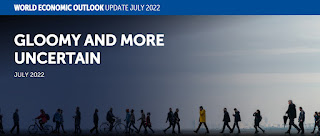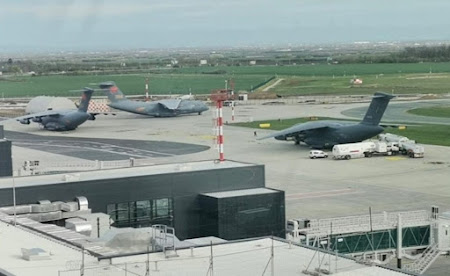
European Union's foreign policy chief: Iran's response to the European proposal on the nuclear deal "reasonable"
The European Union's foreign policy chief, Josep Borrell, considered today that Iran's response to the bloc's recent proposal for a nuclear agreement with the United States is "reasonable."
He added during an event at a university in the city of Santander in northern Spain: "I presented a proposal in my capacity as the coordinator of the negotiations ... and there is a response from Iran, which I considered reasonable. He was transferred to the United States, which has not yet officially responded.
Borrell was referring to a response Iran sent last week to the European Union's latest proposal to update the 2015 nuclear deal, following 16 months of indirect talks between the United States and Tehran.
For his part, the Russian envoy to the Vienna negotiations, Mikhail Ulyanov, said that he met the new permanent representative of Iran to international organizations in Vienna, Mohsen Naziri, and they discussed a number of issues related to the final stage of the Vienna negotiations on the nuclear agreement.
He added that Iran had made reasonable proposals regarding the nuclear agreement, and the Russian official expressed his hope that Washington would not delay in responding to the Iranian proposals, as he put it.










































